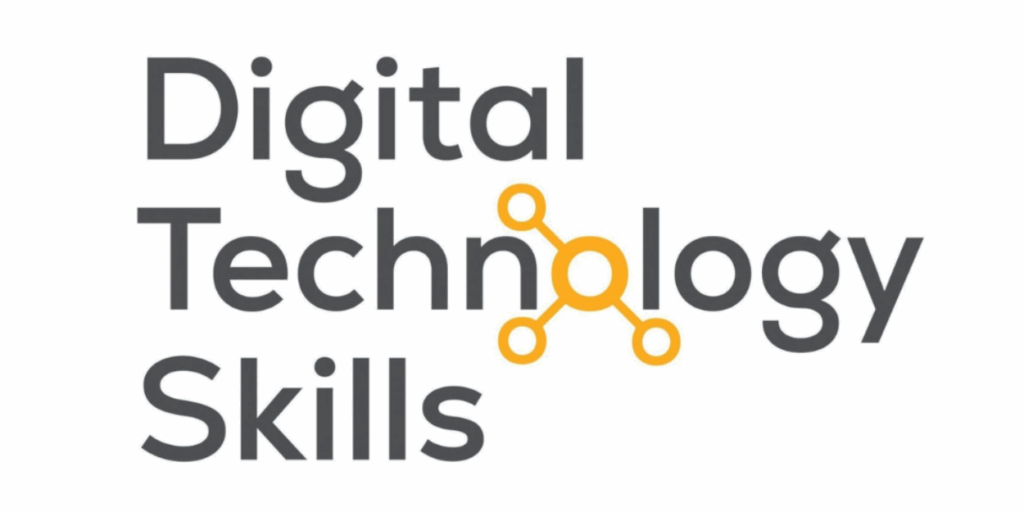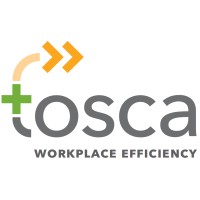
Artificial Intelligence is no longer the sole domain of large corporations or research labs. Increasingly, small and medium-sized enterprises (SMEs) are looking to harness its potential to drive growth, efficiency, and innovation. Against this backdrop, on September 18th, the FORSEE project brought together small business representatives for a half-day workshop in Dublin to explore what makes AI adoption successful for SMEs. The workshop marked a milestone in capturing the lived experiences of SMEs: their expectations, challenges, and ideas for shaping an enabling environment in Europe.
Getting AI-ready from the inside out
The first session looked inward, exploring internal enablers of AI adoption. Discussions were structured around five dimensions of AI-readiness:
- Strategic alignment. SMEs agreed that without clear business objectives, AI risks becoming a technology in search of a problem. Several participants highlighted the importance of leadership buy-in to avoid fragmented initiatives.
- Data readiness. Companies noted that while data is a powerful asset, ensuring its quality and accessibility remains a challenge. SMEs often face resource constraints in setting up proper data governance.
- Technical infrastructure. Participants emphasised the need for scalable solutions. One company in manufacturing stressed that integrating AI into legacy systems can be as difficult as developing the AI itself.
- Organisational capabilities. As AI technology advances, it is increasingly important for employees across all roles to develop relevant AI skills. While some SMEs are experimenting with in-house training, many continue to rely on external consultants to fill knowledge gaps.
- Cultural readiness. Several SMEs observed that trust and openness to change can make or break AI initiatives. Leaders underlined the importance of creating a workplace culture where experimentation is welcomed.
Beyond the business: the ecosystem factor
The second session zoomed out to the bigger picture: how investors, partners, and policy frameworks shape the AI landscape for SMEs.
- Investors and funding. Access to financing was described as uneven. While some SMEs had successfully obtained grants, many faced significant administrative burdens and knowledge gaps when applying for EU funds. At the same time, investors were often reluctant to support young AI solutions that could not yet demonstrate a clear return on investment, making it challenging for SMEs to secure private funding.
- Partners. Collaboration was widely acknowledged as essential. Companies spoke of the value of partnerships with universities, technology providers, and even peer SMEs in reducing risks and costs.
- Support ecosystem. Incubators, innovation hubs, and pilot-testing facilities were seen as critical in offering SMEs “safe spaces” to explore AI before full deployment.
- Client perceptions. Several participants noted that customers can be skeptical about AI-driven products, particularly regarding trust and transparency. Building credibility is therefore as important as building capability.
- EU framework. Some participants raised concerns about uncertainties in EU regulations and a lack of knowledge on compliance procedures, which create additional challenges. At the same time, there was optimism that the upcoming AI Act could level the playing field by setting clear standards.
Why SMEs matter for Europe’s AI leadership
SMEs make up 99% of Europe’s businesses, and their ability to adopt AI successfully could determine how Europe fares against global competitors. The workshop made clear that SMEs are eager but realistic: they see AI as an enabler of efficiency and innovation, but they also know the road is bumpy. For some, AI is already streamlining back-office tasks. For others, it’s a leap into predictive analytics or new AI-powered services. Across the board, SMEs see themselves not as passive adopters but as active shapers of Europe’s AI future.
We thank these organisations for their contribution:
What’s next?
The Dublin discussions will feed into the FORSEE project’s ongoing research and policy recommendations. SMEs are invited to engage in this process and help shape Europe’s AI future.
- You can participate in 1-on-1 interviews to share your business needs, challenges, and success stories. Registration link can be found here.
- Participate in the upcoming online workshop on the 4th of November to collaborate with peers and experts, explore AI solutions and contribute to discussions on SME competitiveness and Europe’s AI ecosystem. Registration link coming soon!




